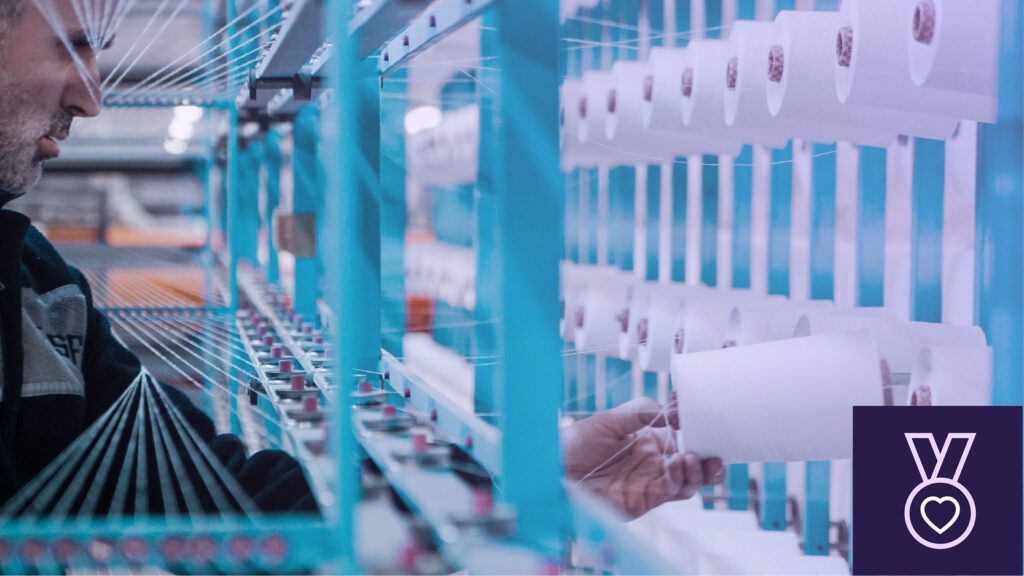Innovator Spotlight: Respectful and Secure Work Environments


It is estimated that the global garment industry employs 70 million people across its value chains.
Such a large number of garment workers presents opportunities for brands to drive positive social and economic development for these people, their families and their communities by upholding human rights and creating respectful and secure environments. Despite some progress in addressing issues such as low wages, human rights violations persist throughout the value chains, and many garment workers continue to work in hazardous conditions without receiving a living wage or fair compensation.
Furthermore, many targets and measures aimed at promoting workers’ rights lag behind efforts to protect the natural environment.
Through our Innovation Forum, we connect fashion companies with sustainable solution providers. Below are some of the innovators that are working to establish respectful and secure work environments.
Bluesign is a leading sustainability solutions provider that equips chemical suppliers, manufacturers, and brands with means to reduce their impact on people and planet. Its Bluesign® SYSTEM guarantees the safety of both workers and consumers by eliminating hazardous chemicals from the very start of the production process.
Colorifix is transforming the dyeing industry by replacing chemistry with biology at every stage of the process. Its alternative to synthetic dyes is free of any harsh chemicals and so reduces the environmental impact of industrial dyeing. This results in safer, and more sustainable production, while meeting the industry standards.
DuPont Biomaterials offers its global partners with innovative solutions for textile production of safe, high-performance renewable materials that transform the way we live and work. Apart from the health-and safety-enabling innovations they produce, DuPont’s commitment to providing world-class health and safety extends to all employees and is embodied in their core values and Code of Conduct.
Haelixa is a forerunner in innovative technology for proving product origin and traceability. Their DNA marker fundamentally aids in the unraveling of complex supply chains and mitigating their negative impact through the management of suppliers, supply chain disruptions, and irregularities. This ultimately accelerates the global transition to transparent supply chains.
Lenzing has been driving the evolution of fiber solutions for the textile segment through its environmentally responsible production of specialty fibers. With its several industry-first innovations, it promotes the beneficial development of the communities and regions in which it operates by supporting local economic development and community life.
Texaid is a global solution provider for professional textile and footwear collection, sorting, reselling, and recycling that has been combining ecological and social responsibility since 1978. Its numerous projects have resulted in fair and progressive working conditions for employees as well as new jobs in the altering and trading of used textiles.
Download The GFA Monitor report for free here to learn more about Respectful & Secure Work Environments and explore our full Innovation Forum here.